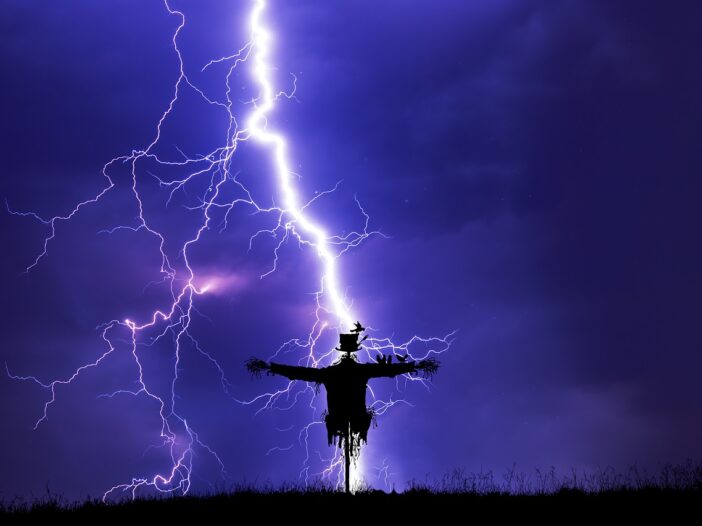
“Never be ashamed of a scar. It means you were stronger than whatever tried to hurt you” (source unknown).
Uh huh.
I love the sentiment. But sometimes I don’t want to walk it out.
I still bear a scar from third grade. It runs the length of my left kneecap, top to bottom. Back then, bloodying yourself at recess earned you a trip to the school nurse. No phone call to mom or trip to the ER. The nurse emptied a dispenser of paper towels to apply to my knee, all the while calling me “a brave little soldier.” End of story for her medical care. Yes, my mom went nuclear when I limped home that afternoon.
My playground tumble left a thick, raised, ridged scar that I noticed more than anyone else.
Scars may hurt after they heal. The skin is tighter, less flexible. That goes double for emotional scars. They make us less inclined to bend … forebear … trust … believe.
The most enduring scars are invisible ones. Would they soften if people could read those scars like soul graffiti? Maybe that would reveal too much of our real selves.
Physical scars attest to the hard work of healing. Knitting together lattices of new tissue takes effort and time. The new tissue isn’t the same as before, but it is a new wholeness.
Usually you can estimate the time it’ll take for physical wounds to heal. Not so for emotional ones. We’re prone to letting emotional wounds scab but not heal. Scabs provide temporary protection—not healing—for the wound. But we have this knack (or need) to break open and bleed those fragile scabs again. See? This is how much I was hurt.
Unfortunately, focusing on the hurt never brings healing.
Emotional healing usually, if not always, involves forgiveness—something we feel more entitled to take than give.
The hard part is we must choose to bend, forebear, trust, believe. The harder part comes next. If we make that choice, we will bear more pain to get to a better place. I think that’s the biggest barrier to healing. No one likes pain, especially after a wound has filled them with it.
But here’s the sneaky sidebar: if we dodge the pain of healing, it becomes easy to give our scars too much credit for our past losses, present circumstances, or future prospects. Conferring credit accords control.
Scars that gain control of you tell twisted stories. Stories that compare, assign blame, hide shame, feign ignorance, or otherwise separate you from the truth.
Stop listening to your scars’ twisted stories and start listening to God’s invitation to heal them.
(It won’t be what you expect. But God wants to connect you with the truth—not separate you from it.)
You see, we should be concerned about only one set of scars: Jesus’. His scars remind us that our scars are not our end game.
When He reaches out to you with His pierced hands, His scars say, “I know your hurt. Your discouragement. Your loneliness. I’ve been there, too.” When He walks next to you with His pierced feet, His scars say, “I know it’s hard for you to continue. I’ve been there, too.”
He spreads His arms wide and says, “I did all this for you.”
Surrender your scars to Jesus.
In the first century, slaves were marked with branding irons to show whom they belonged to. Often that brand indicated their temple service to a pagan deity. The Galatians knew that practice well, which is why Paul told them he bore Christ’s marks on him (Galatians 6:17).
Surrender your scars to Jesus and embrace His. He holds the power to truly make you whole!





Lana, your reflection on the stories our scars tell resonates deeply with me. The idea that focusing on the hurt prevents true healing is something I’ve grappled with personally. After a woodworking accident last year, I was left with physical scars that served as constant reminders of pain. However, through surrendering these scars to Jesus, I’ve come to see them as symbols of His grace and redemption. I shared my journey in a post titled “Scars of Grace” at https://scarsandsovereignty.com/scars-of-grace/ and found that embracing His scars truly holds the power to make us whole. Thank you for your insightful words and for encouraging us to listen to God’s invitation to heal.
Thanks for reaching out, Grant. You have an amazing story to tell. May God continue to bring healing and His perfect purposes to bear in all our lives!
“Stop listening to your scars’ twisted stories and start listening to God’s invitation to heal them.” Love that!
Thanks, Priscilla! Many blessings to you!